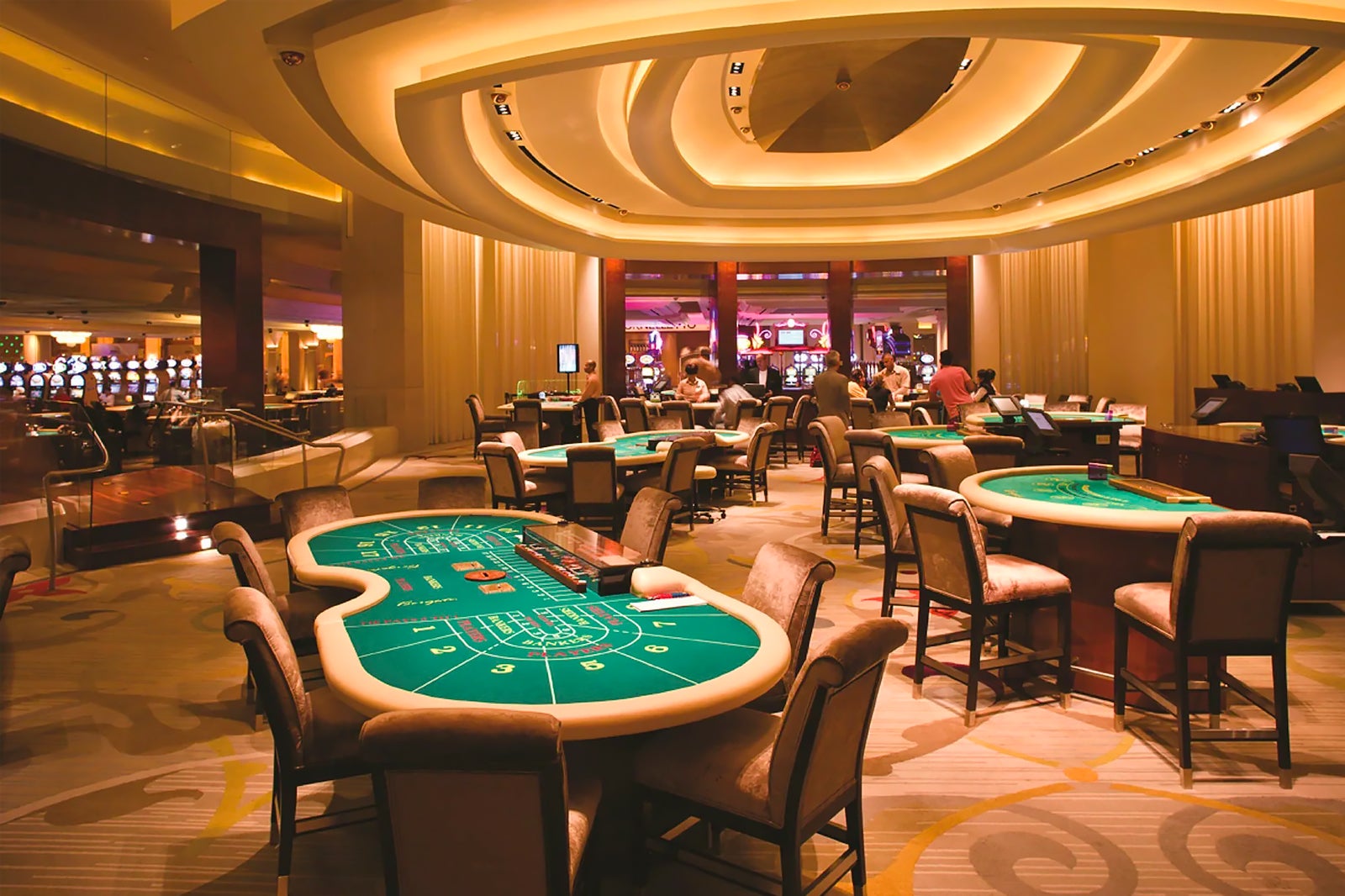
Gambling games have long been a significant aspect of human culture, providing not just entertainment but a fascinating reflection of our aspirations, dreams, and concerns. From the turning reels of a slot machine to the strategic gameplay of poker, these games encapsulate a variety of human feelings and experiences. At their core, casino games are not just a chance to earn cash; they are a snapshot of life itself, where risk and reward converge and luck can change in an eye blink.
As players assemble around tables or sit in front of vibrantly illuminated machines, they participate in a ritual that transcends mere betting. These games reflect our innate desires for social interaction, adventure, and the quest for chance. They also reveal deeper truths about human psychology, such as our relationship with fate and the adrenaline of the unknown. In exploring casino games, we reveal not only the rules of play but also the complex weave of the human story, showcasing our interconnected narratives of aspiration and reality.
The Psychology of Gambling
Wagering is intrinsically connected in the psyche of individuals, tapping into various emotions and wants. The excitement of risk-taking is a fundamental aspect that draws players in, be it the thrill of spinning a roulette or the excitement of drawing a winning card in poker. This rush of adrenaline is often compared to other forms of thrill, as the uncertainty of outcomes elicits a distinct psychological response. Players often become entranced by the possibility of striking it rich, leading to an almost magnetic draw toward casino games.
Another, an essential component of the psychology behind gambling is the concept of optimism and aspiration. Participants often nourish dreams of financial freedom and the opulent lifestyle that can follow winning. This hope fuels their continued participation in casino games, as it provides a sense of meaning and the conviction that a life-changing win could be just one bet away. The narrative of overcoming odds and finding success resonates with many, reinforcing their dedication to play and involve themselves with these games.
Lastly, social aspects play a significant role in gambling psychology. Casino environments are designed to foster social interaction, where players gather to share the journey of wins and losses. This communal aspect not only amplifies enjoyment but also affects behavior, as individuals often imitate the actions of others around them. The social validation found in mutual thrill can enhance the emotional experience, making casino games a reflection of not just personal desires but also collective engagement within the gaming community.
## The Dual Nature of Risk and Reward
Casino games embody the subtle balance between danger and reward that resonates deeply with the human experience. The rush of placing a wager is often accompanied by a surge of excitement, as gamblers are confronted with the chance of striking it rich, yet conscious of the possibility to suffer losses. This dual experience reflects a essential aspect of life: the choices we make often come with built-in risks, and the pursuit of reward can push us to embrace risks we might not otherwise consider. In this way, gambling activities mirror real-world choices, enticing players to gamble not just their capital, but also their aspirations.
The allure of grand jackpots and payouts fuels a feeling of positivity, encouraging players to envision a more promising future that could emerge from a fortunate turn of the wheel or dealing of a hand. This hope can motivate individuals to engage in more daring actions, encouraging them to push their boundaries in search of financial gain. However, just as in life, the consequences of these risks can lead to both triumph and loss. The stories of both jackpot winners and those who have suffered everything at the casino demonstrate the chaotic nature of luck and its impactful effect on our existence.
Ultimately, the interaction of engaging with gambling activities serves as a potent reminder of the nature of humanity. Every game played is imbued with the tension of ambiguity, as gamblers weigh the rewards against the dangers. This dynamic not only highlights the excitement that comes with betting but also unveils the weaknesses that come with the desire for more. As we navigate the complexities of decision-making and results in both the casino and in life, we find that the quest for gain shapes our identities and lives in profound ways. Zorototo
Community and Solitude in Casino Culture
Gambling environment is a distinct blend of social interaction and personal endeavor, reflecting the tensions of human experience. Players often come together around games, sharing in the thrill of the action, rejoicing in wins, and sympathizing over losses. This social aspect is vital, as it establishes a sense of belonging and camaraderie among varied groups of individuals. Regular attendees to casinos may build friendships and develop routines, turning the casino into a second home where they experience connected to a greater community of players.
However, the allure of gambling activities can also lead to isolation. As individuals become engrossed in the excitement of gambling, they may isolate from personal relationships or fail to interact with the environment outside the casino. For some, the search of a windfall can overshadow real connections, leading to loneliness. The situation of being surrounded others yet feeling solitary is not rare, as the focus shifts from shared enjoyment to the private stakes of each player’s journey.
This interplay of community and isolation creates a rich tapestry that defines casino culture. It highlights the intricacy of social interactions, where joy and despair coexist. Casinos serve as both a refuge for social engagement and a platform for individual challenges, demonstrating how intimately connected our yearning for companionship and the personal quest for fortune can be. In navigating this landscape, players confront their own narratives—seeking both the rush of the wager and the companionship of other players, eventually mirroring the broader spectrum of individual experience.
